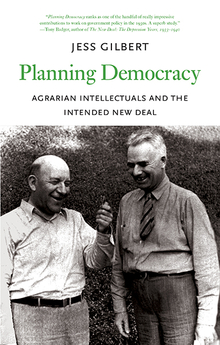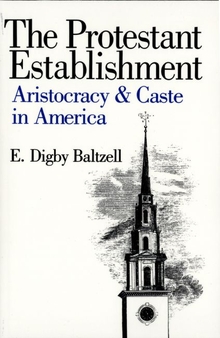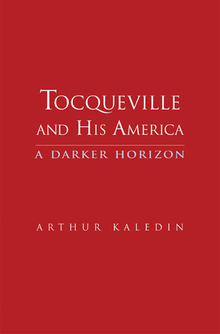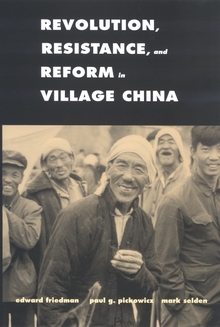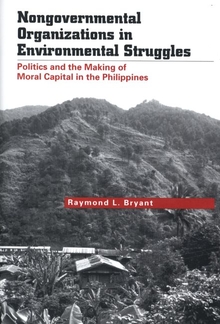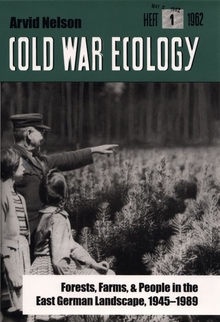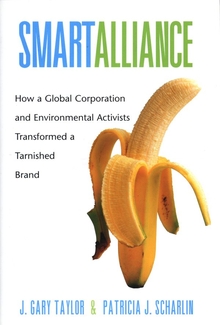Planning Democracy
WARNING
You are viewing an older version of the Yalebooks website. Please visit out new website with more updated information and a better user experience: https://www.yalebooks.com
Agrarian Intellectuals and the Intended New Deal
Jess Gilbert
Read an interview with author Jess Gilbert on Edge Effects.
Late in the 1930s, the U.S. Department of Agriculture set up a national network of local organizations that joined farmers with public administrators, adult-educators, and social scientists. The aim was to localize and unify earlier New Deal programs concerning soil conservation, farm production control, tenure security, and other reforms, and by 1941 some 200,000 farm people were involved. Even so, conservative anti–New Dealers killed the successful program the next year. This book reexamines the era’s agricultural policy and tells the neglected story of the New Deal agrarian leaders and their visionary ideas about land, democratization, and progressive social change.
Jess Gilbert is professor emeritus, Department of Community and Environmental Sociology, University of Wisconsin–Madison.
“We are unlikely ever to have a superior account of the effort to square democratic participation with technical expertise. Gilbert's searching history of the ‘agrarian intellectuals’ in Roosevelt's New Deal administration—what they achieved and how they were undone—is definitive, scrupulously documented, and revelatory. The genuine commitment of these men to local, participatory planning only highlights how far we have now drifted from their vision."—James C. Scott, author of Seeing Like a State and The Art of Not Being Governed
“Planning Democracy is a major contribution to our understanding of both the New Deal farm programs and the late New Deal in general. Gilbert offers a richly detailed analysis of what happened with these bold plans in states and regions across the country.”—David Hamilton, author of From New Day to New Deal: American Farm Policy from Hoover to Roosevelt
“Planning Democracy ranks as one of the handful of really impressive contributions to work on government policy in the 1930s. A superb study.”—Tony Badger, author of The New Deal: The Depression Years 1933-1940
“Challenging and powerful . . . . During a time of rising concern about the increasing concentration of wealth and power in American society, Gilbert holds up for consideration a story from the 1930s and 1940s, a tale of an attempt to reform the nation, making it more democratic.”—from the Foreword by Richard S. Kirkendall, author of Social Scientists and Farm Politics in the Age of Roosevelt
“This thoughtful, convincing history and defense of democratic planning provides one of the best studies to date of the 1930s progressives in the Department of Agriculture, as well as an important new angle on the whole New Deal. Not less valuable, it is a lively, engaging narrative.”—Linda Gordon, author or the Bancroft Prize-winning Dorothea Lange and The Great Arizona Orphan Abduction
“This much-anticipated book deepens comprehension of the New Deal by sharpening our knowledge of its radical moment and explaining why it lapsed. Showing how popular forces and agrarian intellectuals forged fresh possibilities for both land and democracy, this rich study boldly reminds us that sustained planning and grass-roots initiatives need not contradict.”—Ira Katznelson, author of the Bancroft Prize-winning Fear Itself: The New Deal and the Origins of Our Time
“[I]mportant . . . speaks to the overall scope and promise of the New Deal.”—Kathryn S. Olmsted, American Journal of Sociology.
“An important contribution. . . . [Gilbert] contemplates whether modern societies can harmonize the interests of experts and citizens, and whether bureaucratic states can promote genuine democratic engagement along with rational programs and policies.”—Sarah Phillips, Environmental History
“In this passionate, well-researched, and engaging study of what he calls the Intended New Deal, [Gilbert] argues that at least a few New Dealers had a better vision both for rural America and, by extension, for American democracy.”—Evan P. Bennett, Journal of American History
Winner of the 2015 Theodore Saloutos Award for the best book on the agricultural history of the United States, given by the Agricultural History Society.
ISBN: 9780300223057
Publication Date: March 29, 2016
Publication Date: March 29, 2016
368 pages, 6 1/8 x 9 1/4
10 b/w illus.
10 b/w illus.

